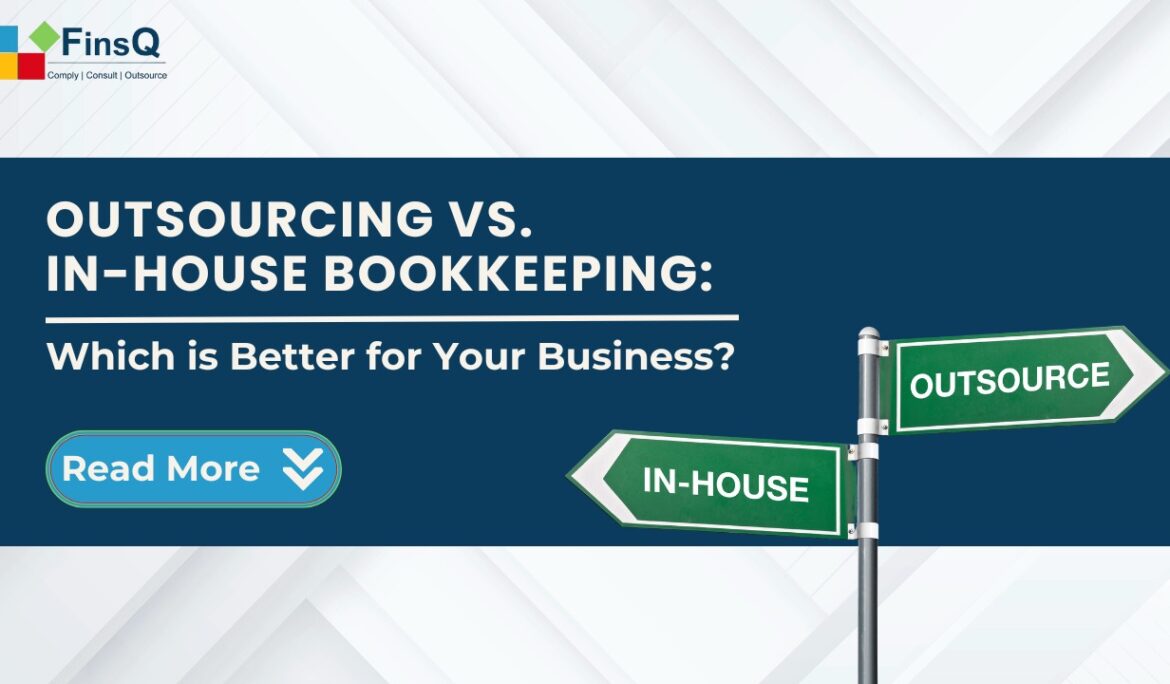
The Hidden Storm: Why Managing Risk Is the Unsung Hero of Business Growth Once upon a time in the heart of a bustling city, two

Choosing the right approach to financial accounting and management is crucial for the success of any business. One key decision is whether to manage your

Critical thinking is a vital skill in many fields, but its significance in finance is particularly profound. It involves analyzing information objectively, assessing various factors,

In today’s fast-paced business world, startups face unique challenges when it comes to financial management. Every bit of money matters, and wise financial choices made



